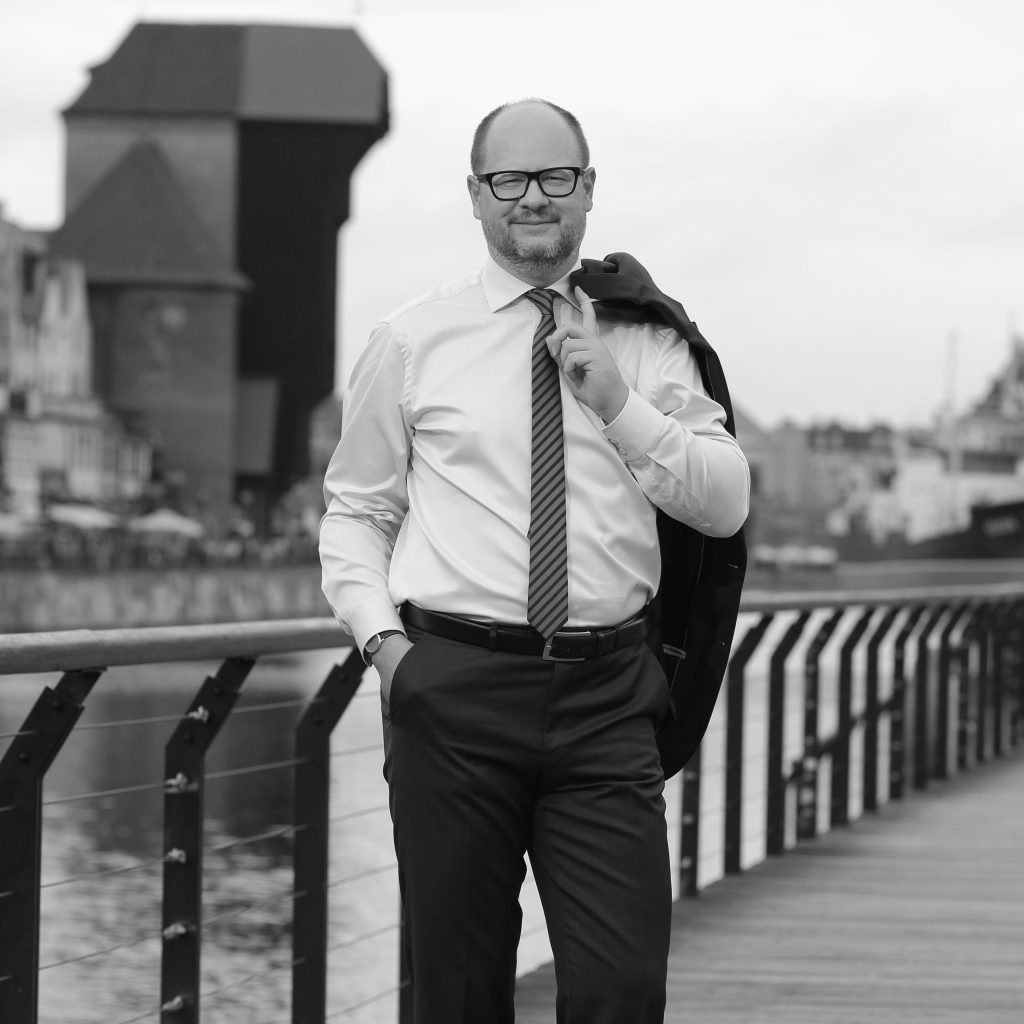
Paweł Adamowicz
The President of Gdańsk since 1998. During the studies at the Faculty of Law of the University of Gdańsk he was involved in opposition activities and after the democratic breakthrough he joined the formation of Gdańsk self-government. The time of his government is the time of dynamic development of the city – in economic, cultural and social areas. He is actively engaged in activities on the EU forum – as the member of the Committee of the Regions.
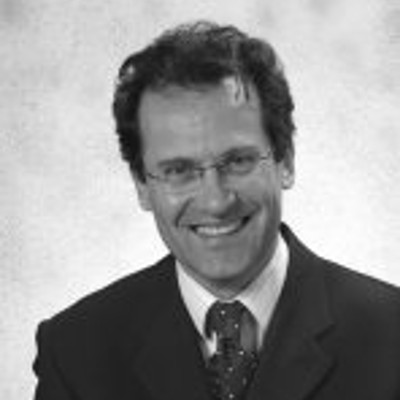
Giuseppe De Biasi
Chief of Cabinet of the Metropolitan City of Bologna. He is a member of the UPI Emilia-Romagna Council (an association representing all of the provinces of the Emilia-Romagna Region), the “Work, Education, Training, Culture” Committee and since 2010 is UPI’s National Education Coordination. Elected as Provincial Councilor for Italia dei Valori party in 2009, he served as vice president of the Board Group and the Budget Committee as well as the Coordinator of Interim Bologna, until his appointment as Assessor. From 2010 to 2014 he was Councilor for Instruction, Culture, Vocational Training, Labour of Province of Bologna. In 2013 he joined the Democratic Party.
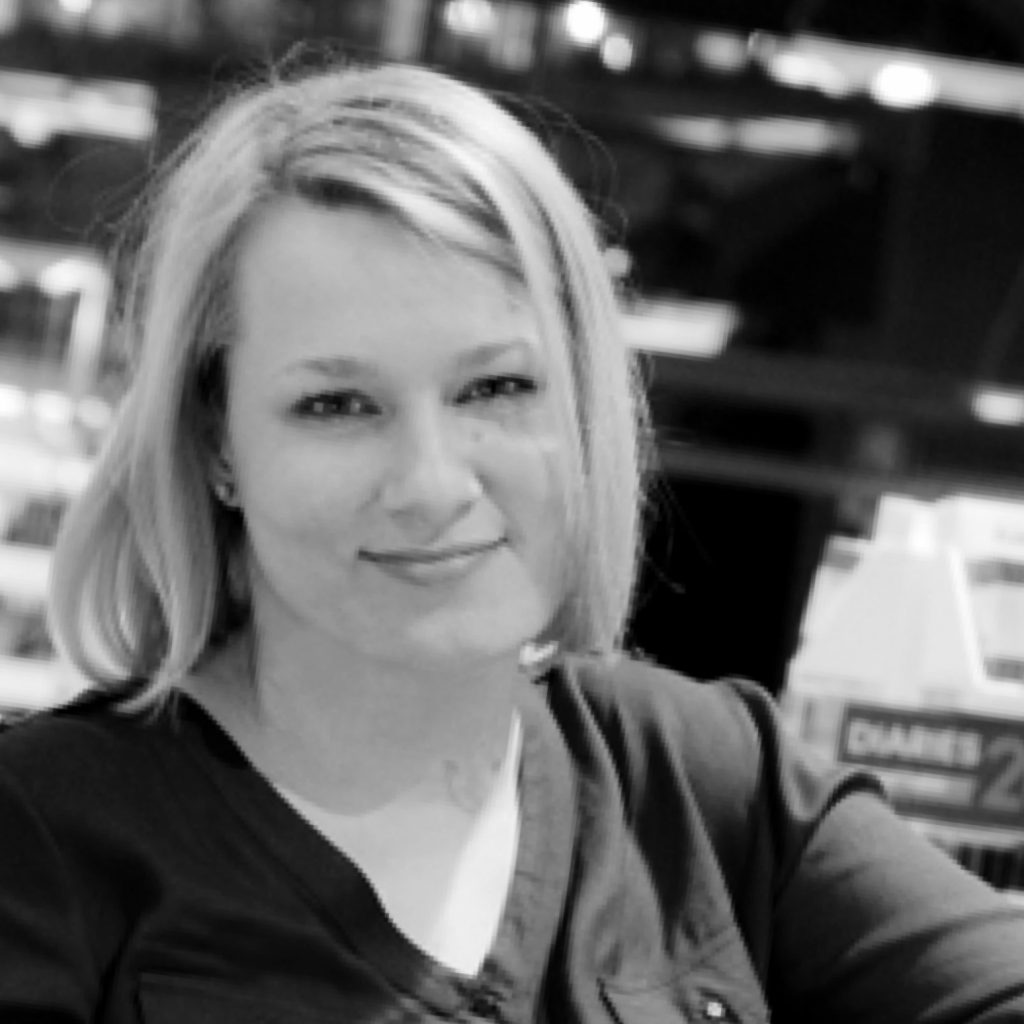
Agnieszka Deja
An accrediten coach of ACC ICF, ICF Global member, Chairperson of ICF Polska Review Panel, Director of Poznan Department of ICF Poland, certified trainer of the FRIS model, lecturer at Collegium Da Vinci. Specialises in positive communication, offering exploration, acquisition and development of one’s own skills.
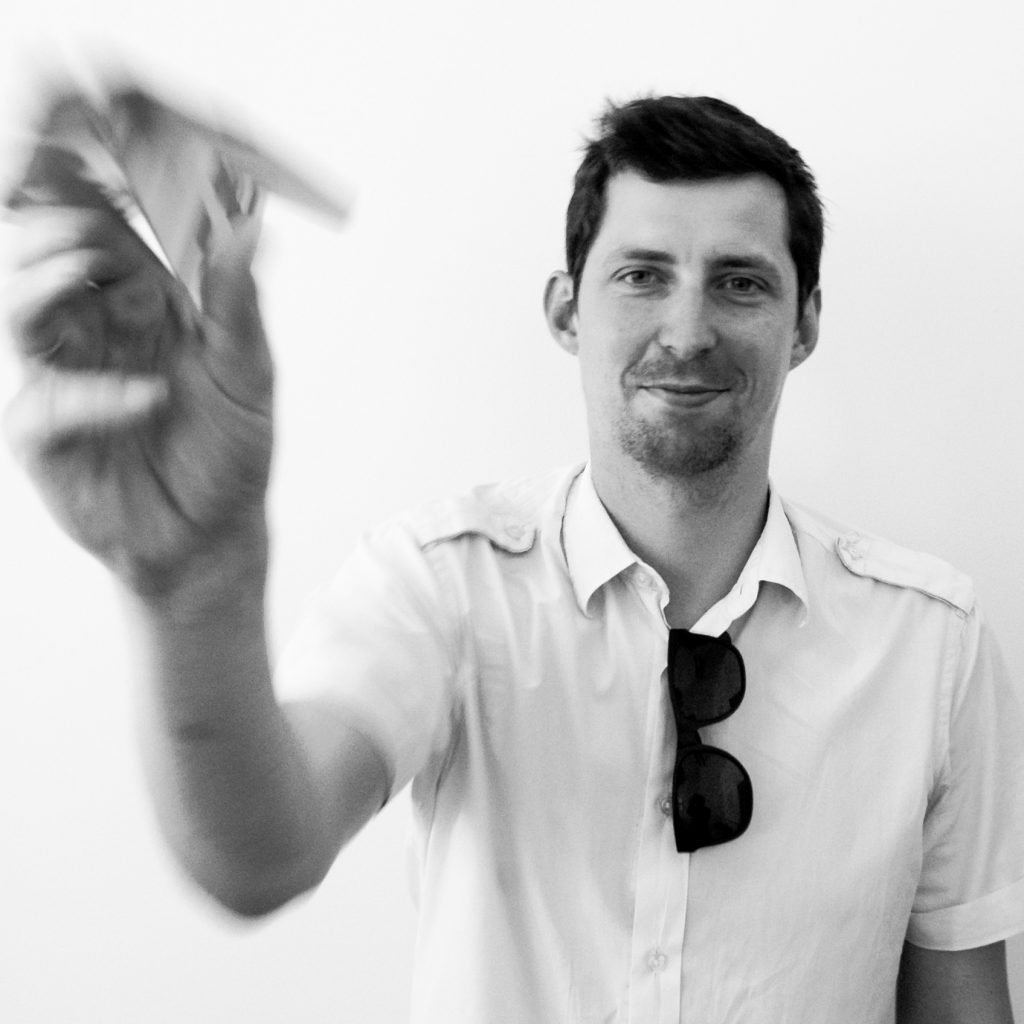
Maciej Frąckowiak
Sociologist, interested in the forms of social activity and inactivity in cities, education in culture, as well as in the image, which he tries to treat as a tool and a pretext for research and change in social relations. Author of texts, curator and initiator of activities in these areas. Co-editor of the following books: “Visual Research in Action”, “Collaboratorium. On Participatory Social Change”, “Smutek konkretu”. Co-author of the book “Tool shop. How we studied the invisible city” He prepares a PhD thesis at the Institute of Sociology of the Adam Mickiewicz University on visual intervention strategies. Scholarship recipient of the Minister of Culture and National Heritage (2017).
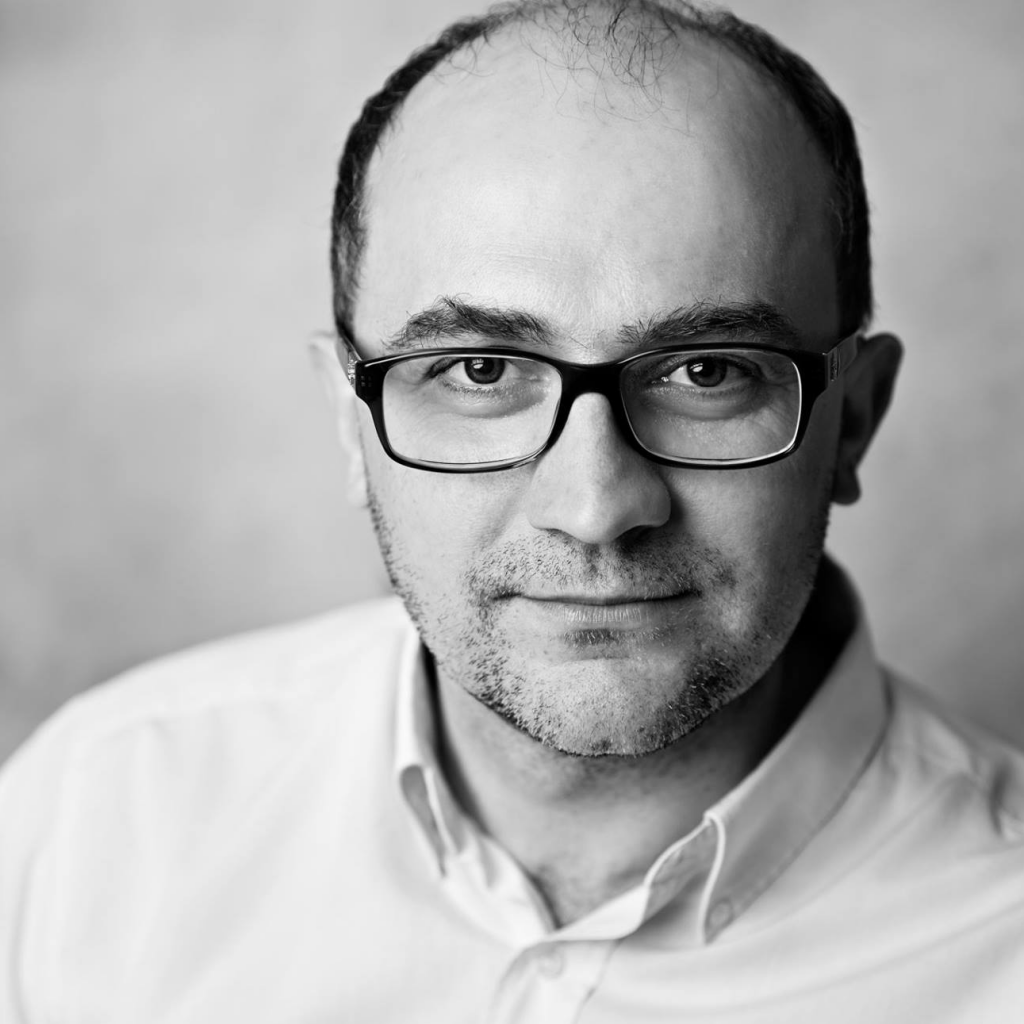
Sebastian Grabowski
He graduated from the Faculty of Electronics and Telecommunications of the Koszalin University of Technology and the Faculty of Management of the University of Warsaw and is a holder of a diploma in general psychology of the Warsaw School of Social Psychology. He deals with the issue of Open Data, interactions between users of telecommunication networks and the Internet and issues related to the Open Government. Currently the Director of Orange Polska Research and Development Centre. Creator of a nationwide initiative devoted to Open Data – “BIHAPI” www.bihapi.pl. President of the ArchitectsPL Foundation, which promotes the idea of openness in Intelligent Cities. Lecturer at the Faculty of Management and Social Communication of the Jagiellonian University. Involved in multidisciplinary Social Innovation projects based on new ICTs.
ABSTRACT: The common good as a key element of creating a smart society – case project #naroguDekerta.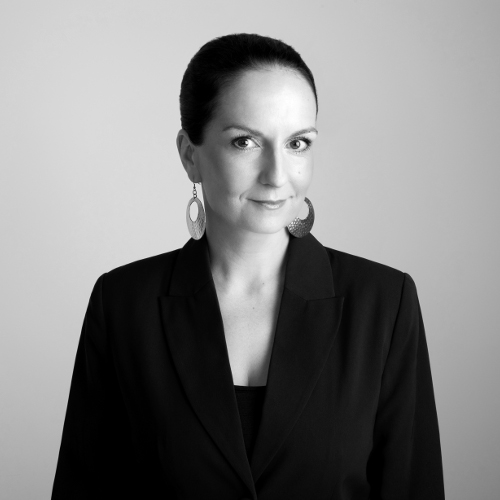
Agata Grenda
For more than 10 years she was a local government officer and state official of high rank in the field of culture. She Worked for over 7 years in New York (as a consul and deputy director, then director of the Polish Cultural Institute New York). For 4 years she was the director of the Department of Culture in the Marshal’s Office of the Wielkopolska Region. She specialises in the production of international projects (including the production about the Polish WWII heroine, Irena Gut-Opdyke, on Broadway) as well as in collaborations with local communities. The “Wielkopolska: Revolution” project initiated by her in 2012 was called the most important socio-cultural event of the recent years. She taught cultural management at the Faculty of Political Science and Journalism at the Adam Mickiewicz University and the Higher School of Social Skills in Poznan. Currently she is running her own company – Grenda. Culture Production.
ABSTRACT: Culture in the hands of the people as a strategic element in the development of the city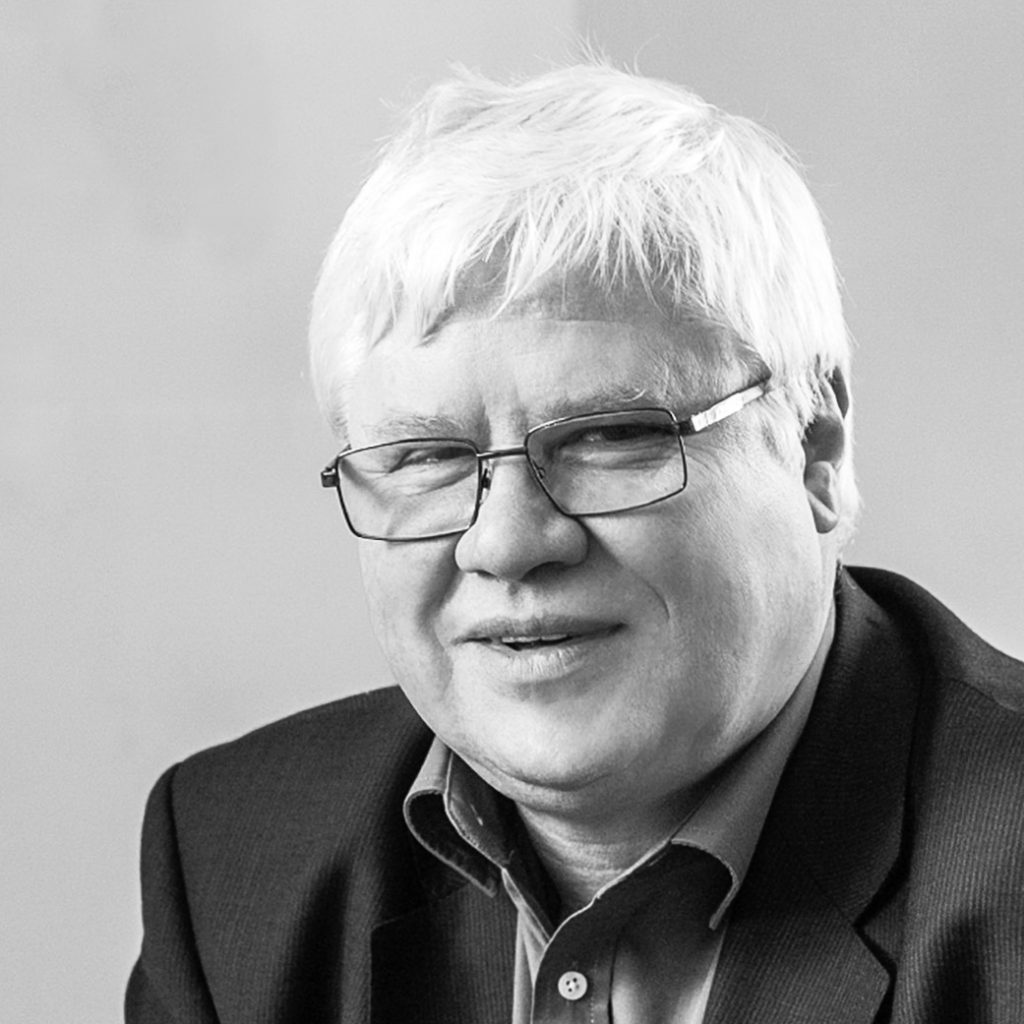
Jerzy Hausner
Full Professor of Economic Sciences, works at the Department of Public Administration (Faculty of Public Economy and Administration, Cracow University of Economics), Rector’s Plenipotentiary for Culture and Sport. Member of the Polish Economic Society. Member of the Monetary Policy Council (2010-2016). Member of the Economics Committee of the Polish Academy of Sciences Committee. Since 2015, Member of the Polish National Commission for UNESCO. Chairman of the Open Eyes Economy Summit Program Council. Member Winner of the Kisiel Award.
ABSTRACT: The right to the city and the civic participation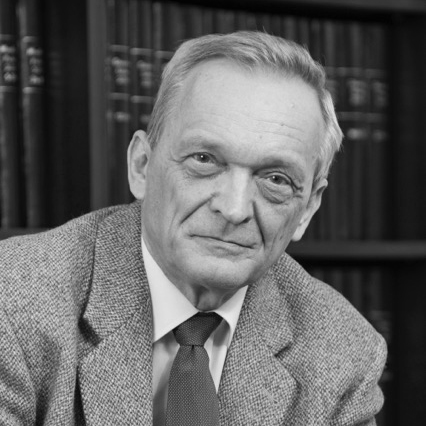
Professor Hubert Izdebski, Ph. D.
Full Professor at SWPS University of Social Sciences and Humanities, Director of the Institute of Law, Full Professor at the University of Warsaw, gave lectures at universities in Lille 2, Poitiers, Geneva and Paris 1; member of the Central Commission for Degrees and Titles (2003-2016) and its secretary (2011-2016), member-correspondent of the Polish Academy of Sciences; barrister, legal advisor; editor-in-chief of the Territorial Self-Government monthly; author (or co-author) of 31 books about public law, including territorial sel-government, and its theoretical and historical bases, author of many projects of laws.
ABSTRACT: The right to the city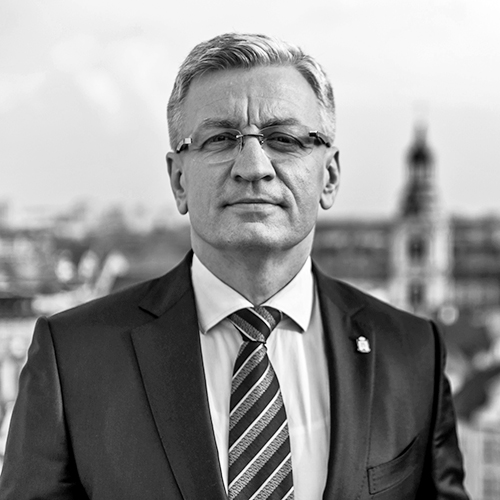
Jacek Jaśkowiak
Since 2014 the Mayor of the City of Poznan. Social activist, sports activist, former entrepreneur. He graduated from the Faculty of Law of the Adam Mickiewicz University in Poznan, holds a postgraduate diploma in accounting, finances and taxes. A GFPS scholarship recipient at the Bielefeld University in Germany. In city management, he puts a great emphasis on the implementation of assumptions of the sustainable transport, improvement of investment processes, accessible culture, housing and senior-resident policy, and the revitalisation of the city centre.
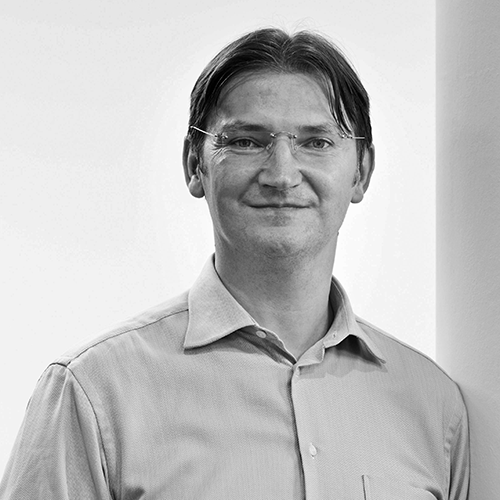
Johann Jungwirth
since 2015 Chief Digital Officer (CDO) of Volkswagen AG is responsible for the digital transformation of the Volkswagen Group and reports directly to Matthias Müller, CEO of Volkswagen AG. Holds an electrical engineering degree Dipl.-Ing. (BA) from Baden-Wuerttemberg Cooperative State University in Stuttgart.
ABSTRACT: Reinvention of mobility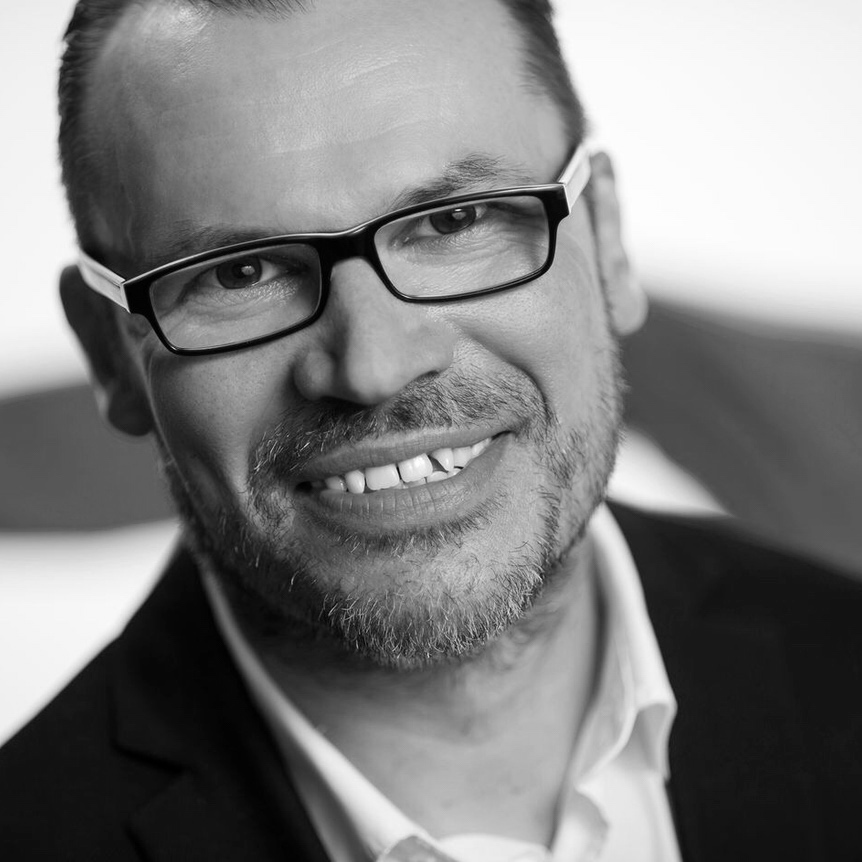
Béla Kézy
Urban and regional development specialist, working with cities in Hungary and internationally to make them better places to live. He has been involved in numerous urban rehabilitation projects – from their inception to successful completion. In his work, he is a proponent and user of participatory planning methods. Béla is also a facilitator and trainer. Both in 2013 and in 2016 he was one of the 7 senior trainers at the URBACT Summer University, working with over 50 urban development professionals from various cities across Europe.
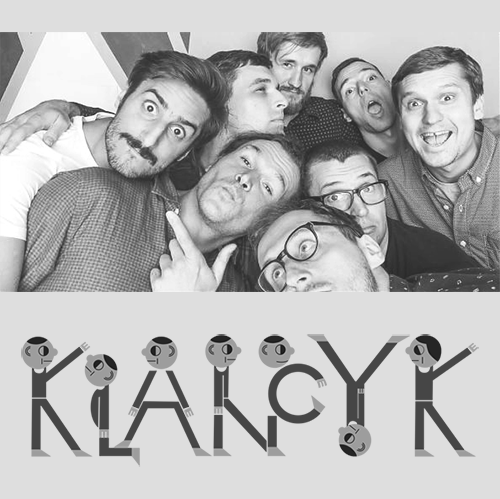
KLANCYK
It works on theatre improvisation, creates performances, in which scenario represents consent to anything that is not planned and what will happen between actors. Everything what is surprising and unexpected; all what is emotional and engaging; everything what builds the story, character and relationship. Everything what is energy and bond. Everything what is the truth. Everything what is a silly joke. Everything what is song and dance. Everything what is a word and scenery and everything what is a gesture and is a costume. Each performance is unique. Each is created somewhere between eight men and a couple of chairs.
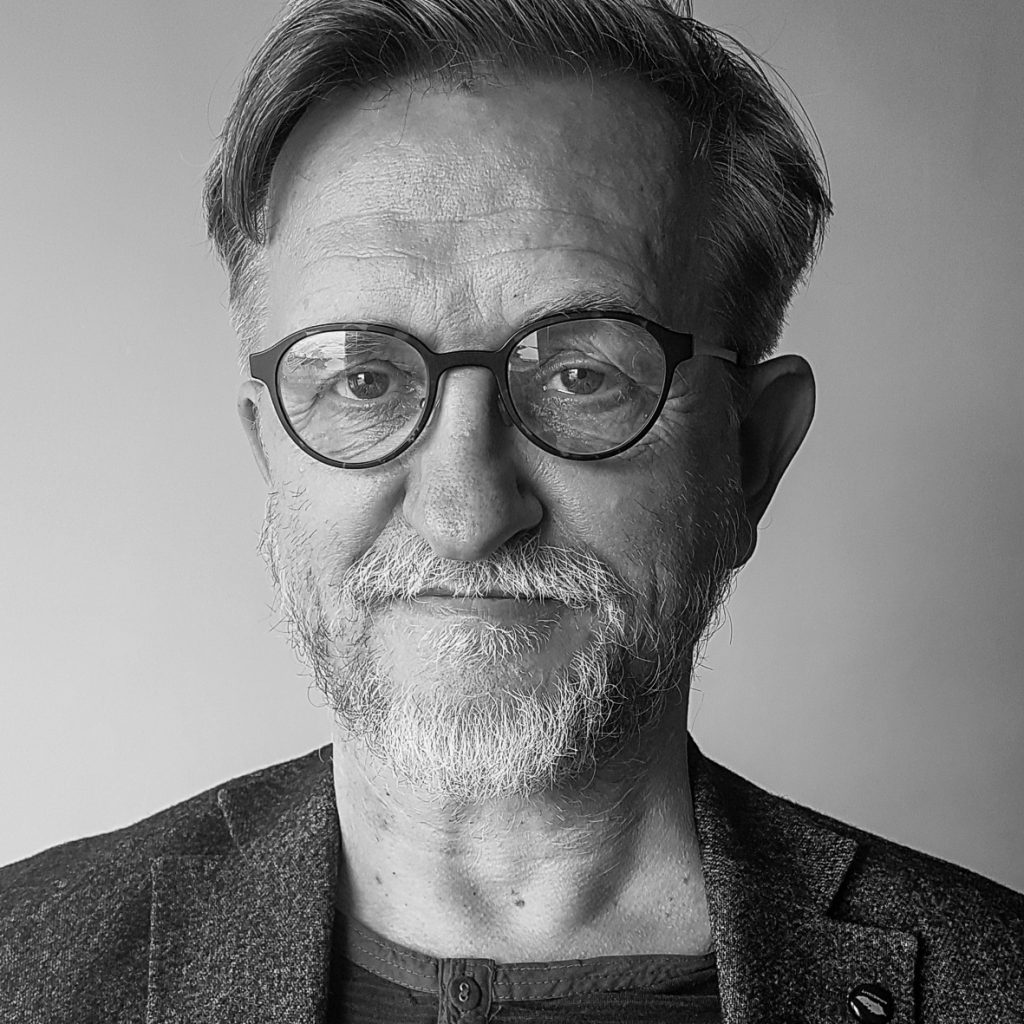
Wojciech Kłosowski
expert of POLIS Urban Institute, a specialist in strategic planning of local and regional development, urban regeneration and local/regional social policies. For more than 20 years he has been working as an advisor for the local authorities. The author and co-author of numerous urban and regional development strategies in Poland and several other countries, among others the author of Urban Regeneration Programmes of Łódź and Gorzów Wlkp.
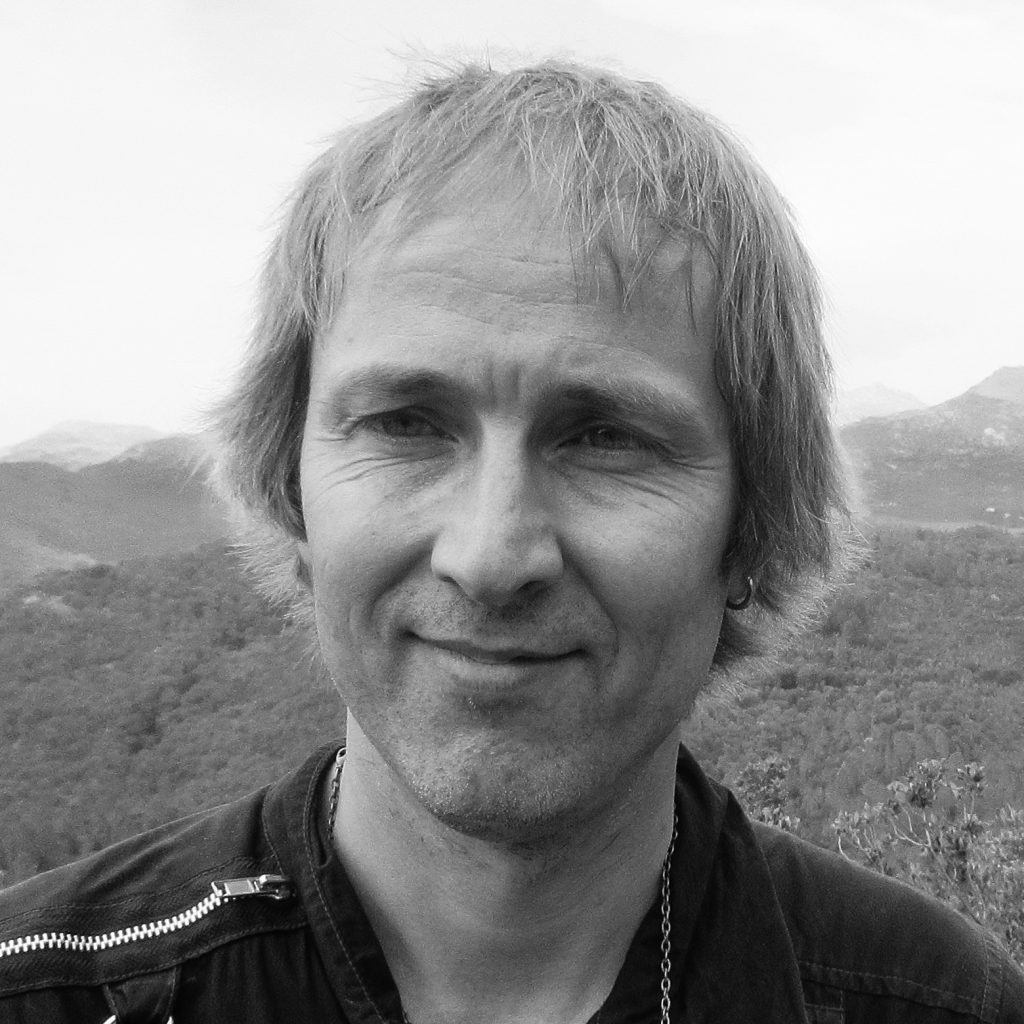
Professor Jerzy Kociatkiewicz
Professor of Management Sciences, Professor at the SWPS University. He scientifically deals with the organisation of every-day reality and the idea of exemplary organisations, and is involved in the development of new, ethnographically inspired quality research methods. Lecturer at the University of Sheffield and the SWPS University. Co-author, with Zygmunt Bauman, Irena Bauman and Monika Kostera, of the book entitled “Management in a Liquid Modern World”, of which Polish translation was published by the Bęc Zmiana publishing house.
ABSTRACT: Management in a liquid modernity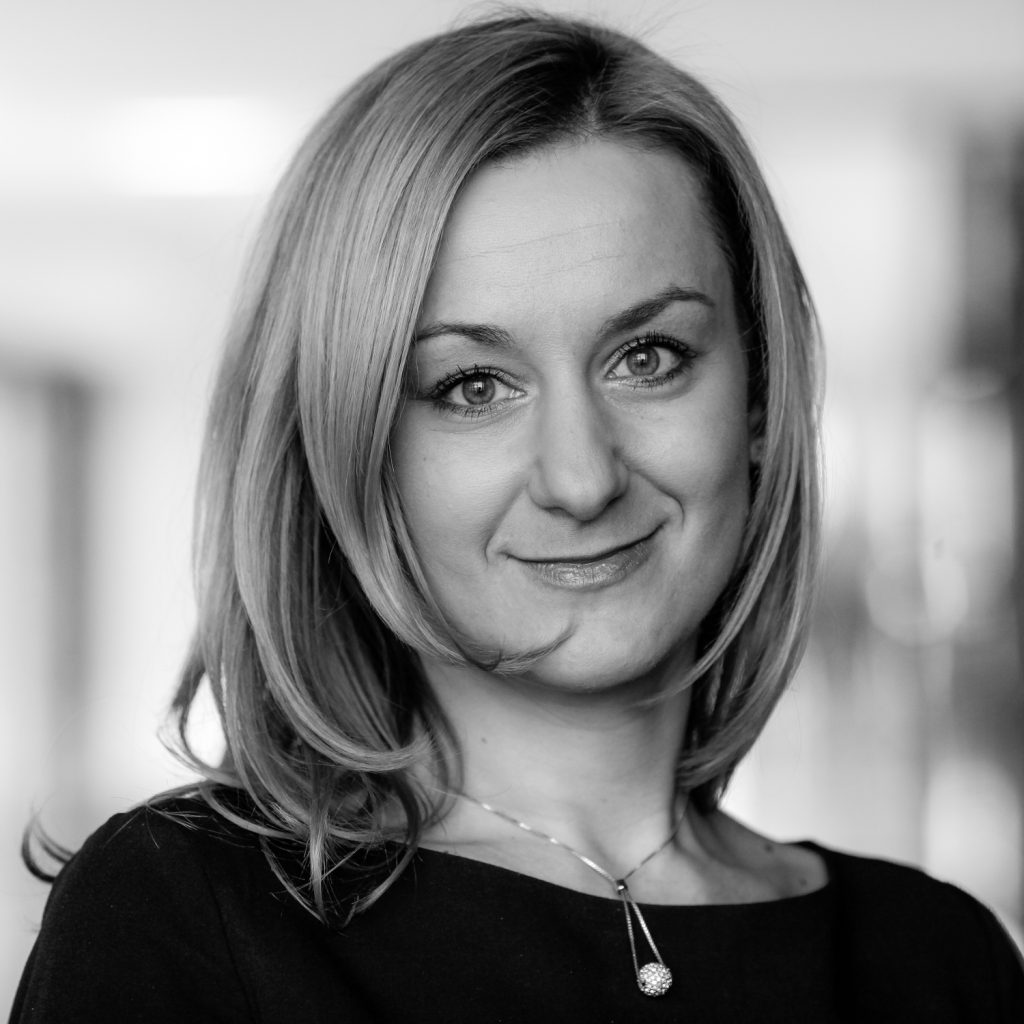
Ewa Krupa
President of the Orange Foundation, Deputy Chairperson of the Programme Council of the Broad Agreement for Digital Skills in Poland, Member of the Board of the Donors Forum. Acts for the promotion of modern methods of education of children and youth. Engaged in projects using new technologies to increase creativity, popularise participation in culture, stimulate cooperation and local development, and strengthen the competencies necessary to build the society of the 21st century.
ABSTRACT: “Programming” or “coding” – development of the young generation’s competences.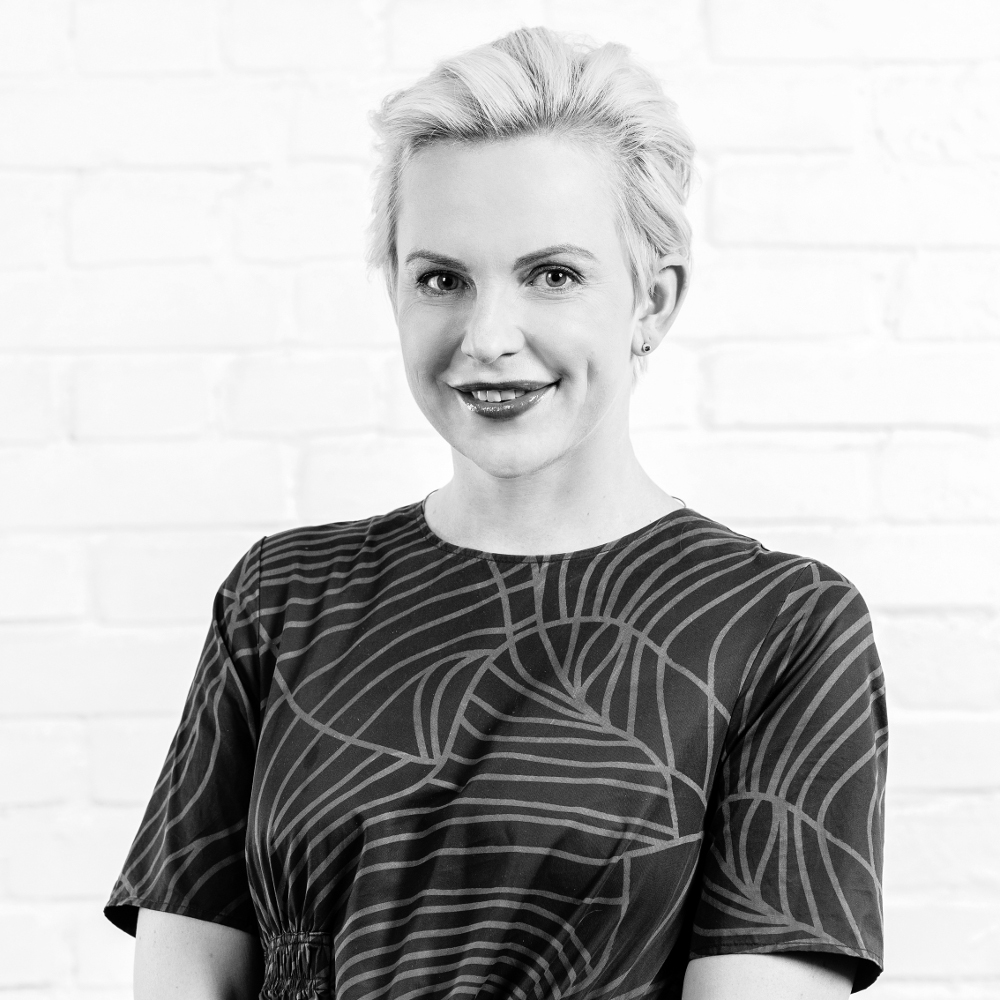
Agnieszka Marlińska
Coach and consultant at Concordia Design Consulting. Accredited coach of the International Coaching Federation (PCC ICF). An expert supporting strategic processes in companies from varied industries using the design thinking methodology. Focuses on value-based future design.
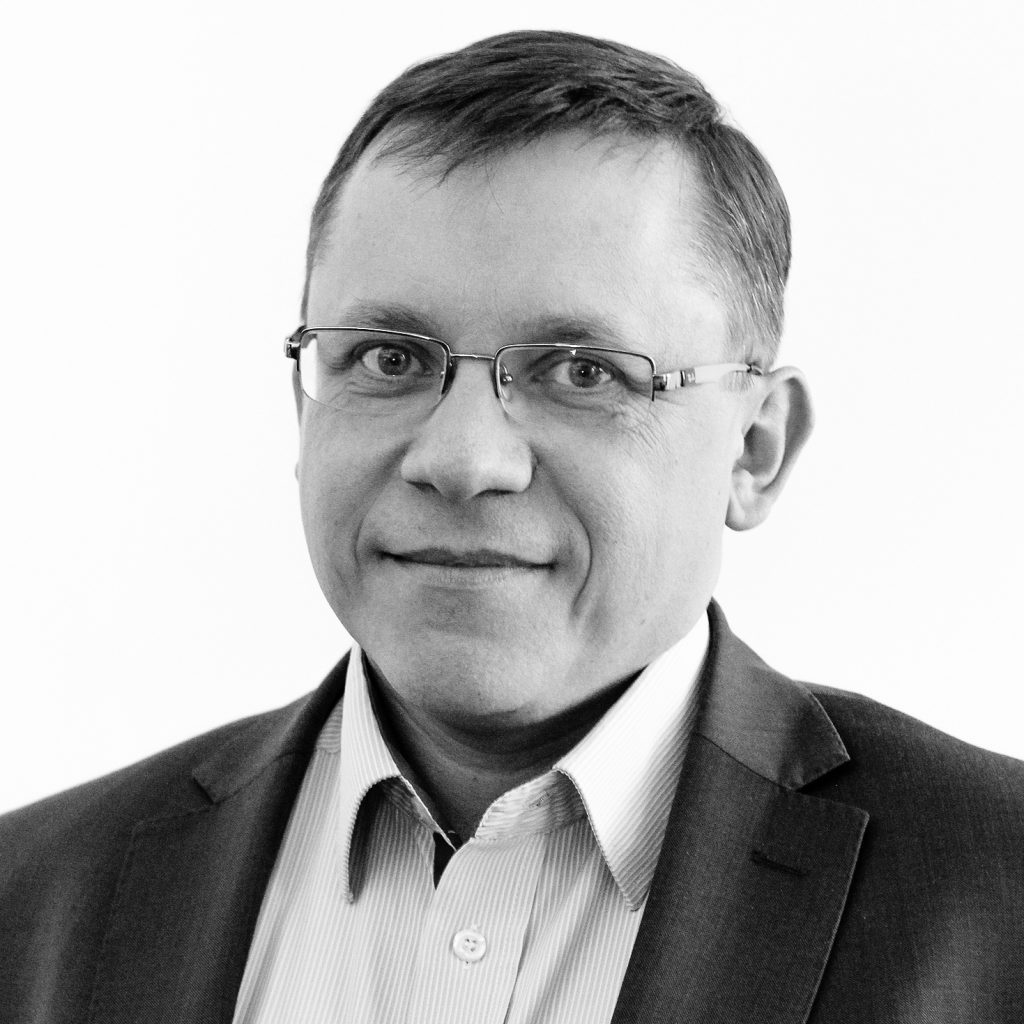
Eng Cezary Mazurek, Ph. D.
Deputy Representative for Technology of the Director of the Institute of Bioorganic Chemistry of the Polish Academy of Sciences for the Poznan Supercomputing and Networking Centre. For over 20 years involved in the construction of the IT scientific infrastructure in Poland and the development of services for the information society. The major implementation he managed were: the Multimedia City Guide of Poznan, the dLibra system of digital libraries, the NABÓR recruitment system, and the scientific television PLATON TV. Deputy Chairperson of the Board of the DARIAH-PL Consortium. Author of over 100 publications.
ABSTRACT: The development of an inteligent city using the Citizen Science approach.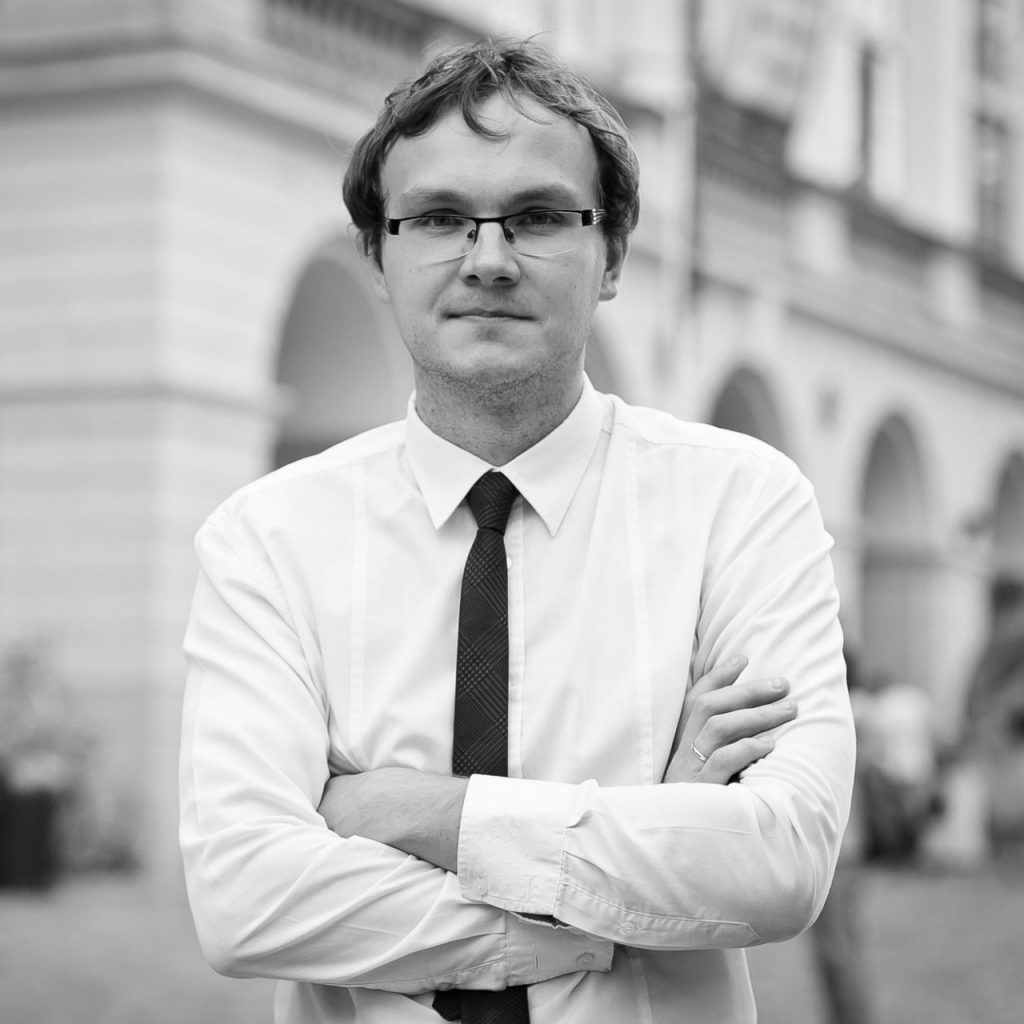
Andriy Moskalenko
Since 2015 Deputy Lviv City Mayor for Development Issues, PhD in Economics at Ivan Franko National University of Lviv. At Lviv City Council he has held the positions of Director of Administration of the Lviv City Mayor and Head of Information Policy and External Relations Department. He was also a Head of the Press-Service at Office of the Lviv City Mayor.
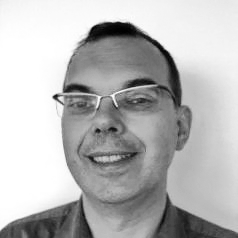
Emmanuel Moulin
Since 2012 is leading URBACT, a European Territorial Cooperation Programme URBACT dedicated to the promotion of sustainable urban development through exchange and learning between cities. In this position contributes actively to the European dialogue on urban issues and is a core participant to the Urban Agenda for the EU. With post-graduate diplomas in Engineering as well as in Town and Country Planning, has been working during the last 30 years from local to national and European levels on urban development in France and Germany
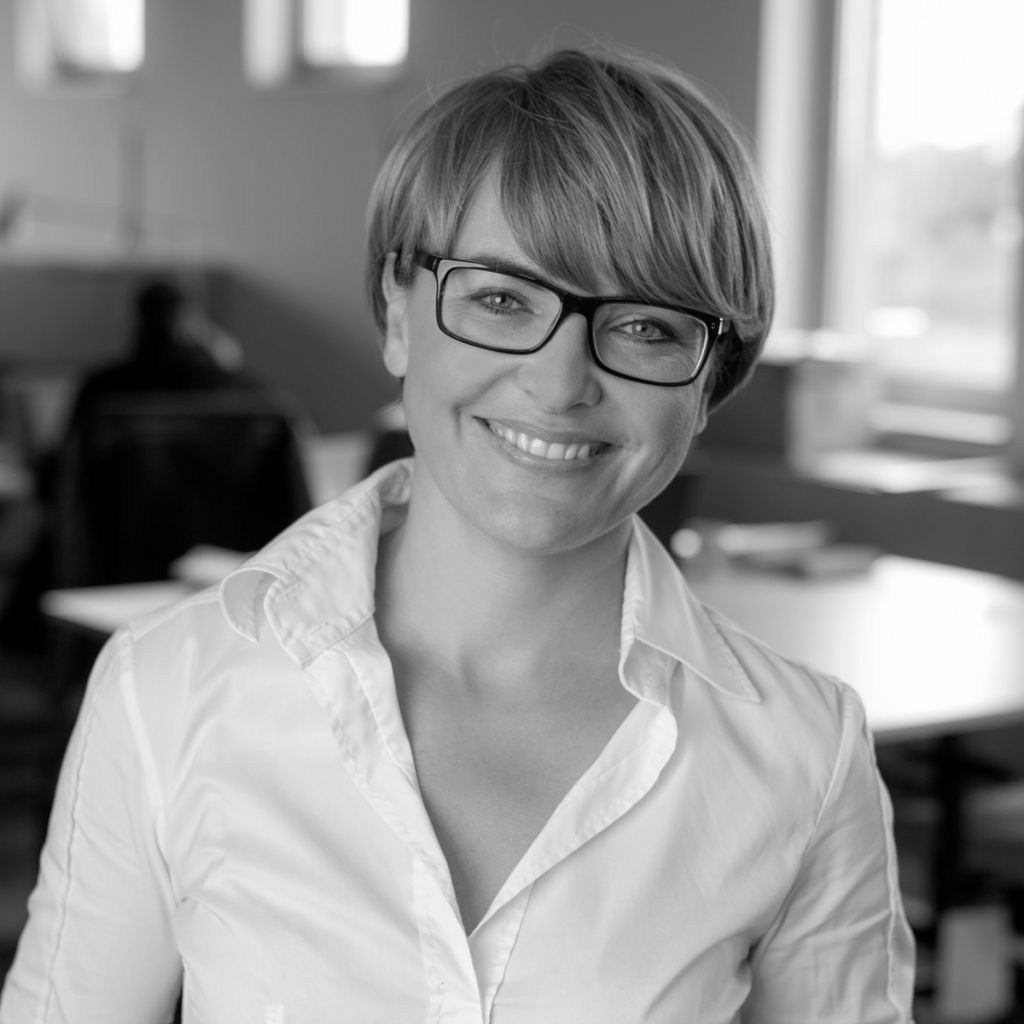
Dagmara Nickel
Founder and president of YouNick Mint – the first operational investment fund in Poland, known for its engaged and partner approach to start-ups. Manager and investor with over 20 years of experience. She is responsible for many market successes: she created Nickel Development (leading developer company in Poznan) and YouNick Technology Park (the first private technological park in Poland, providing shelter and development opportunities for almost 150 companies). Awarded with the title of “The one who changes Polish industry” (2010) and “Enterprise of the Future” (2016).
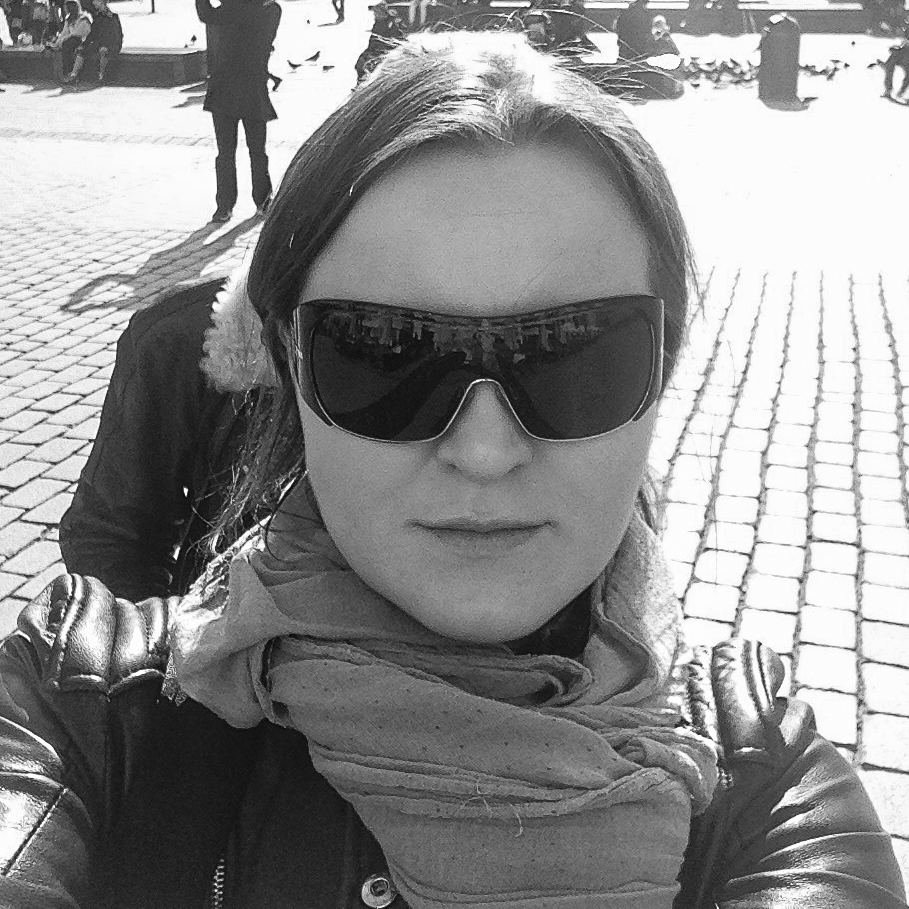
Magdalena Piłat-Borcuch
Assistant Professor at the Faculty of Law, Administration and Management at Jan Kochanowski University in Kielce. Her scientific interests focus primarily on the sociology of design, the city and urban design. Author of dozens of publications related to this issue including: “Design, designer and urban metamorphoses. A sociological study “.
ABSTRACT: Participation design as a way of shaping a responsible citizen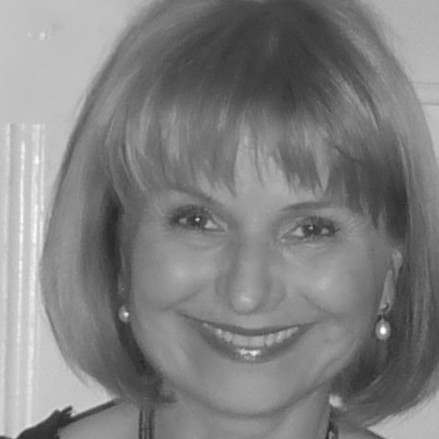
Ewa Rewers
Ewa Rewers – Professor, Ph.D, Director of the Department of Cutlural Urban Studies at the Institute of Cultural Studies of the Adam Mickiewicz University. Her area of interest are cultural urban studies. Author of the following books: Społeczna świadomość językowo-artystyczna (1991), Język i przestrzeń w poststrukturalistycznej filozofii kultury 1997), Language and Space: The Poststructuralist Turn in the Philosophy of Culture (1999), Post-polis. Wstęp do filozofii ponowoczesnego miasta (2005), Miasto-twórczość (2010). The Contradictions of Urban Art.(2013) She gave lectures at the University of Strathclyde w Glasgow, University of East Anglia, University of Cambridge, Universitat Politècnica de Catalunya, Academy of Fine Arts in Cracow, University of Fine Arts in Poznan and Academy of Fine Arts in Warsaw. A member of the Committee on Cultural Studies of the Polish Academy of Sciences and the Social Council of Culture of the Mayor of Warsaw
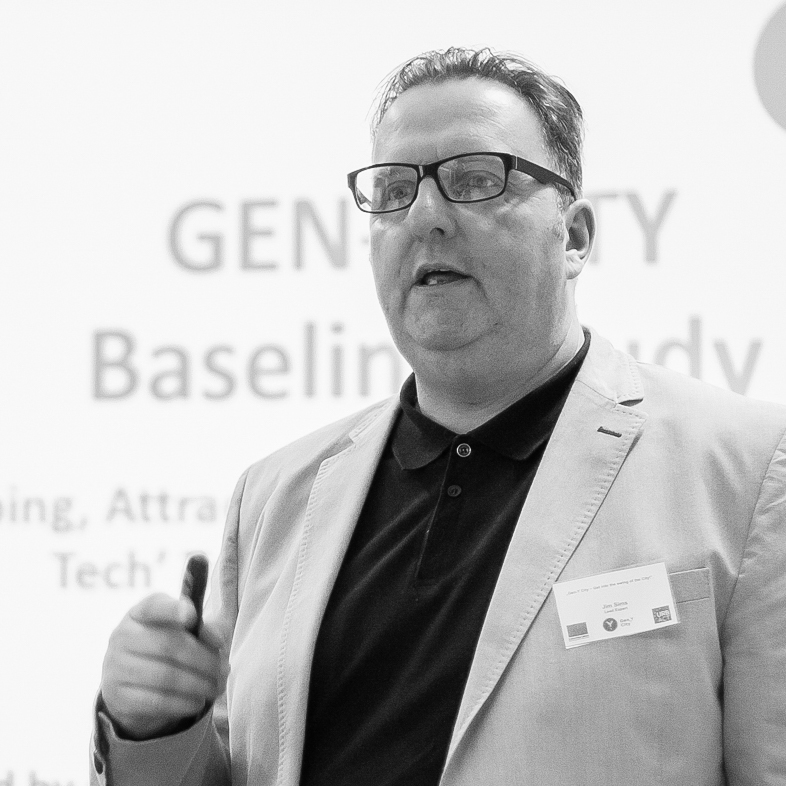
Jim Sims
An economic development policy specialist, with over 20 years experience in developing and delivering a range of EU and UK government funded Local Economic Development; Research and Innovation; Entrepreneurship & Competitive SMEs; Skills & Employment; Environmental; and Sustainable Urban Mobility projects. Currently Development Manager at regional development agency.
ABSTRACT: URBACT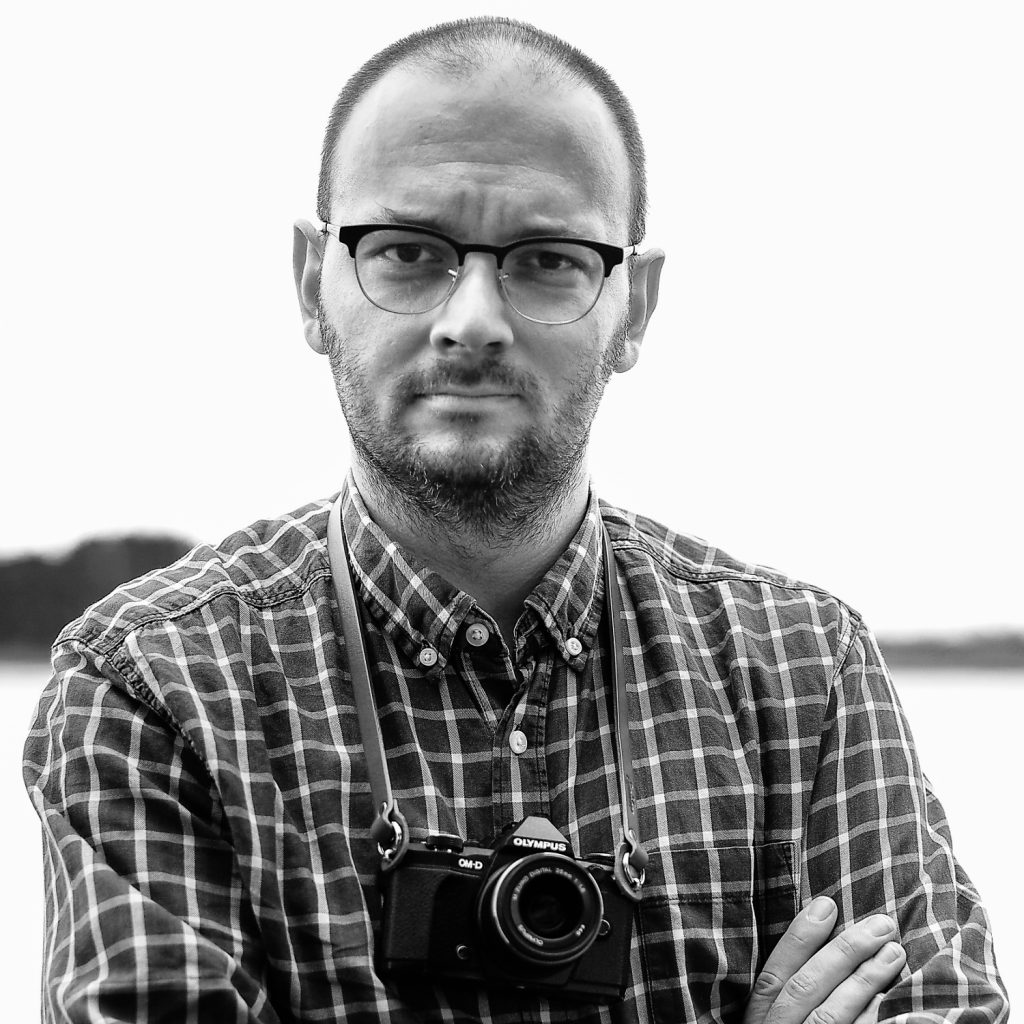
Filip Springer
Reporter and photographer. Author of books devoted to space and architecture (“Badly Born”, “Zaczyn”, “Bath with Colonnade”, “Book of Delights”). He cooperates with Gazeta Wyborcza and Polityka. Scholarship recipient of the National Centre for Culture and the Ryszard Kapuściński Herodot Foundation. Nominated for the most important literary awards in the country. His books are translated into English, German, Russian and Hungarian.
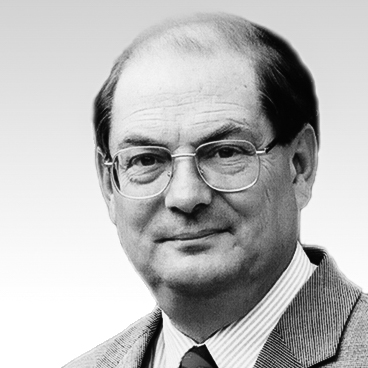
Eng Maciej Stroiński, Ph. D.
Deputy Representative of the Director of the Institute of Bioorganic Chemistry of the Polish Academy of Sciences for the Poznan Supercomputing and Networking Centre. Deputy Chairperson of the PIONIER consortium and the Wielkopolska Teleinformation Cluster. Founding member of the Polish Information Processing Society. Co-author of the Poznan Supercomputing and Networking Centre. Initiator of the emergence of the Polish broadband scientific PIONIER network. Participant in many national and European projects. Author of over 200 publications in books, magazines, and during conferences.
ABSTRACT: The development of an inteligent city using the Citizen Science approach.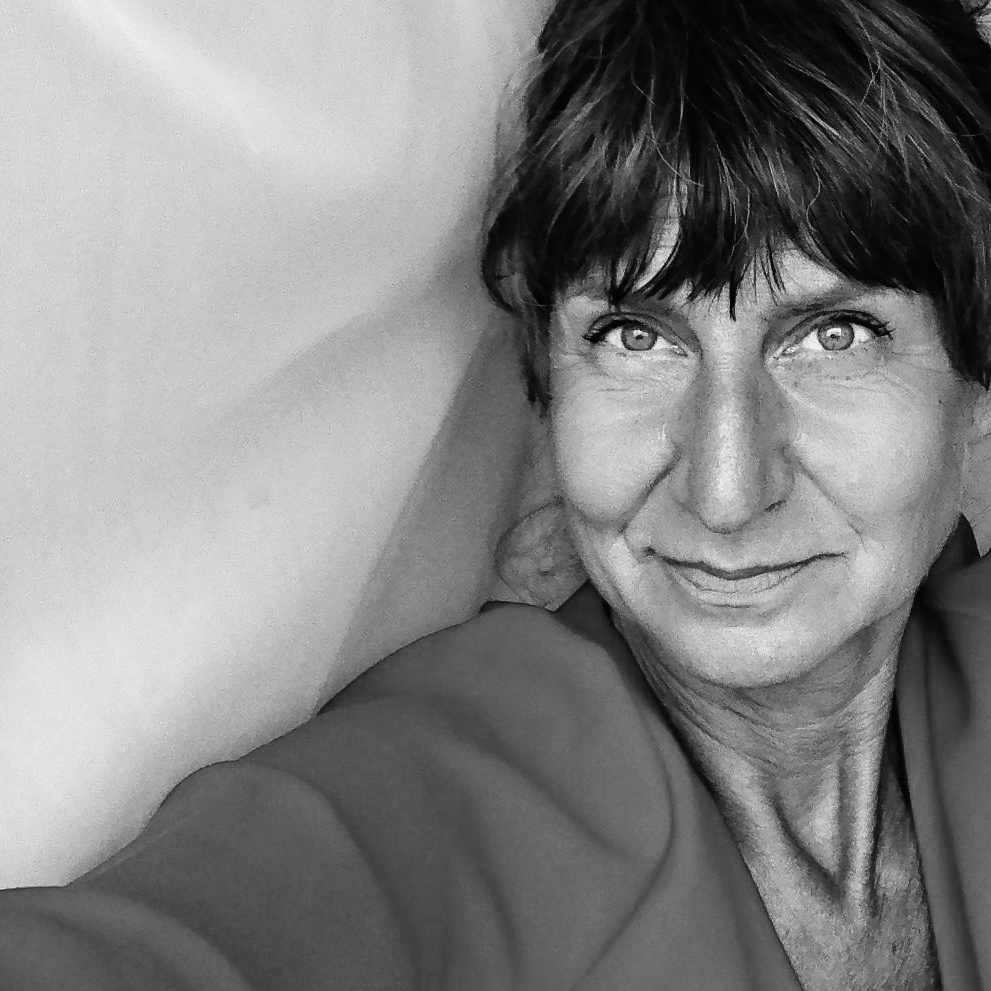
Bogna Świątkowska
CEO of the Bęc Zmiana Foundation with which she has completed dozens of projects devoted to public space, architecture and design, as well as competitions addressed to architects and designers of the young generation. Editor-in-Chief of the nationwide socio-cultural magazine called “Notepad for 6 weeks”. Previously editor-in-chief of the first popcultural “Machina” magazine (1998-2001). Member of the Local Policy Team at the National Centre for Culture and of the Council of Architecture and Public Space of Warsaw.
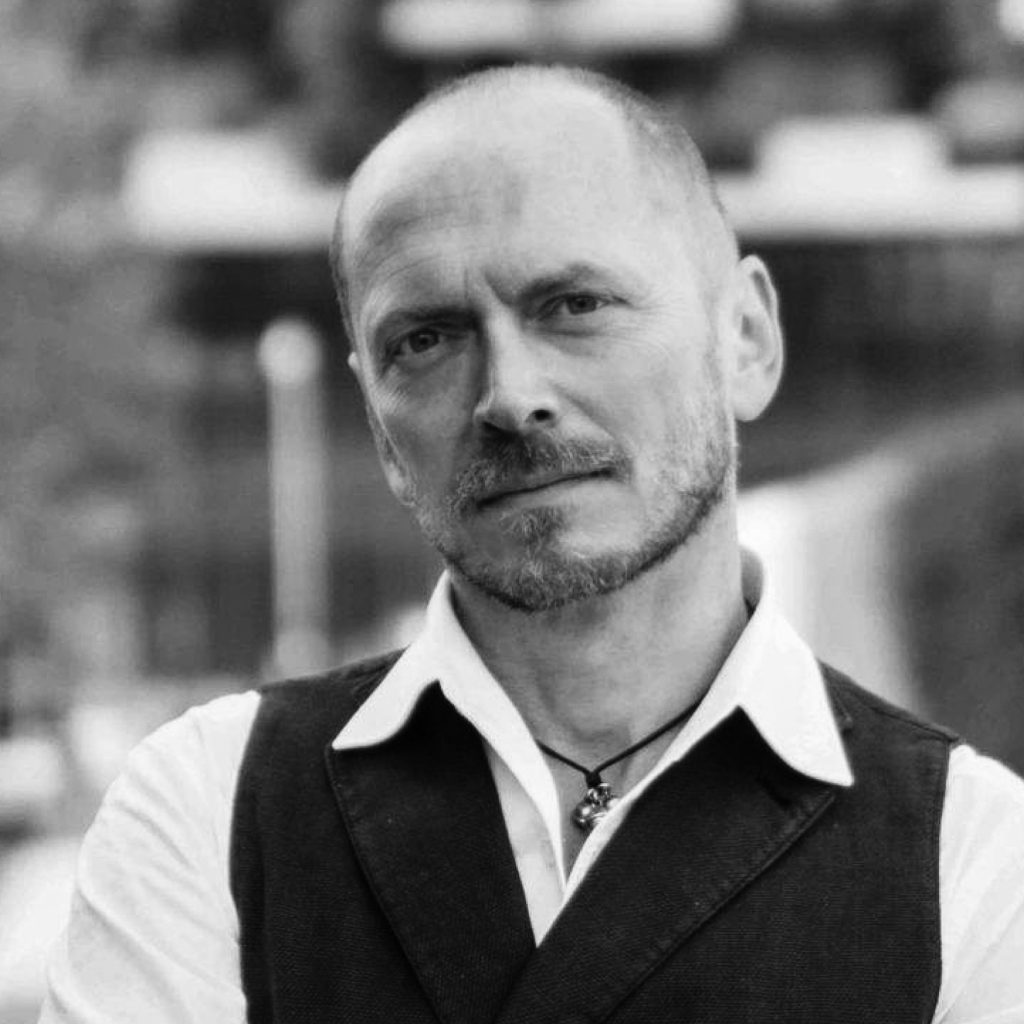
Prof. Roberto Verganti
Professor of Leadership and Innovation at the School of Management of Politecnico di Milano, where he leads Leadin’Lab, the laboratory LEADERShip, Design and Innovation Lab. Advisor of Carlos Moedas, the European Commissioner Research, Science and Innovation. Advisor to many governmental and local government institutions in the field of policy connected with design and innovation. Author for Harvard Business Press and MIT Press.
ABSTRACT: Innovations based on a change in meaning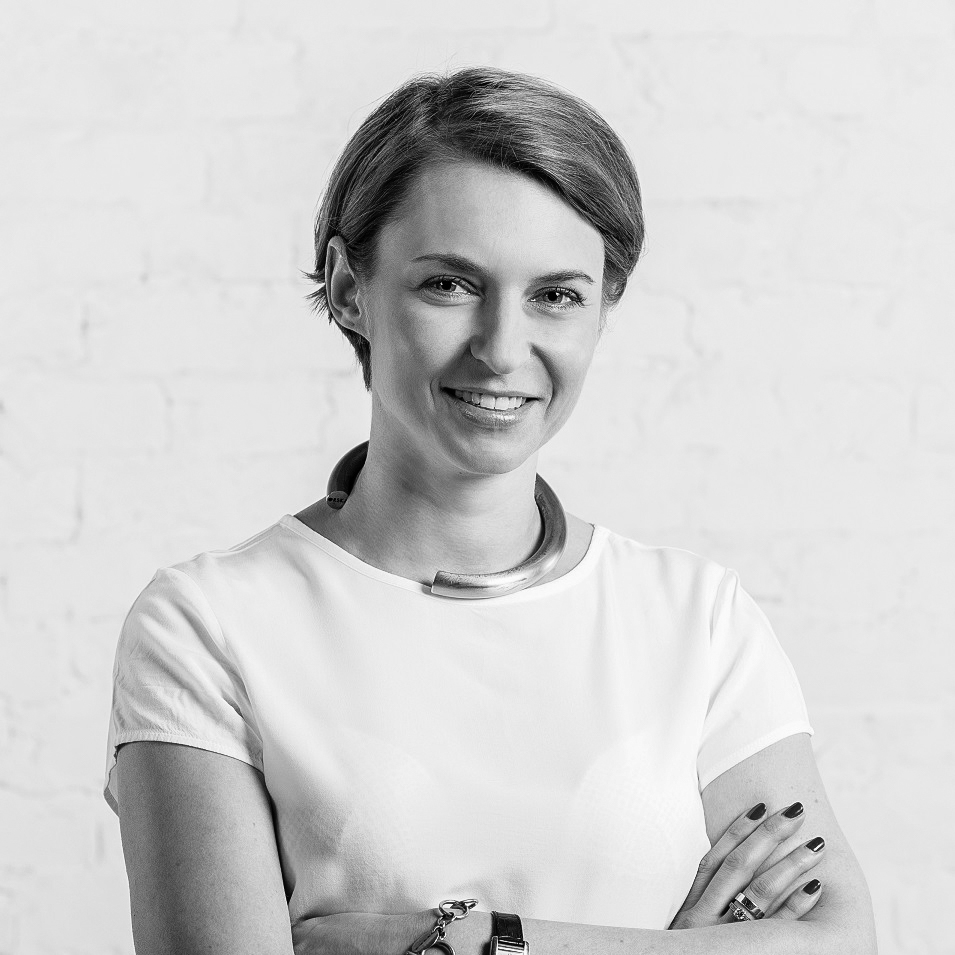
Ewa Voelkel-Krokowicz
CEO of the company and owner of Concordia Design design centre in Poznan. The Centre carries out a lot of unique projects, such as business consulting on design thinking, education in the field of design, modern marketing and trends, and numerous activities for children. The Centre hosts the Business Incubator devoted to the creative industry (architects, designers, IT, social media and others).
Currently responsible for the theatrical Aula Artis hall, and for creating a private but open public space between the Bałtyk and Concordia office buildings.
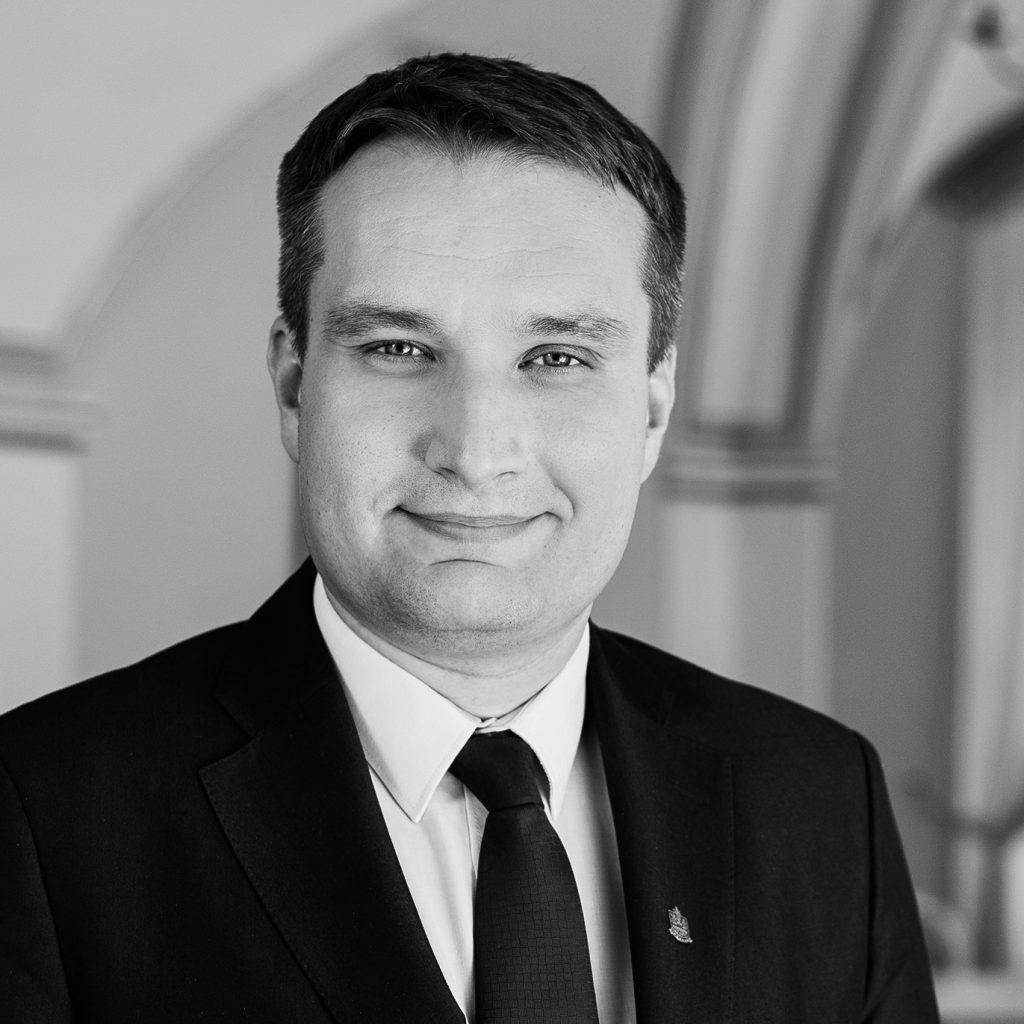
Mariusz Wiśniewski
Deputy Mayor of Poznan. He graduated from the Faculty of Political Science and Journalism and the Faculty of Law of the Adam Mickiewicz University in Poznan. Graduate of the School for Young Social and Political Leaders in Warsaw. Former Vice President of the Development and Promotion Fund of the Wielkoposkie Voivodship S.A and former member of the Advisory Team of the Voivod of the Wielkopolskie Voivodship – Piotr Florek.
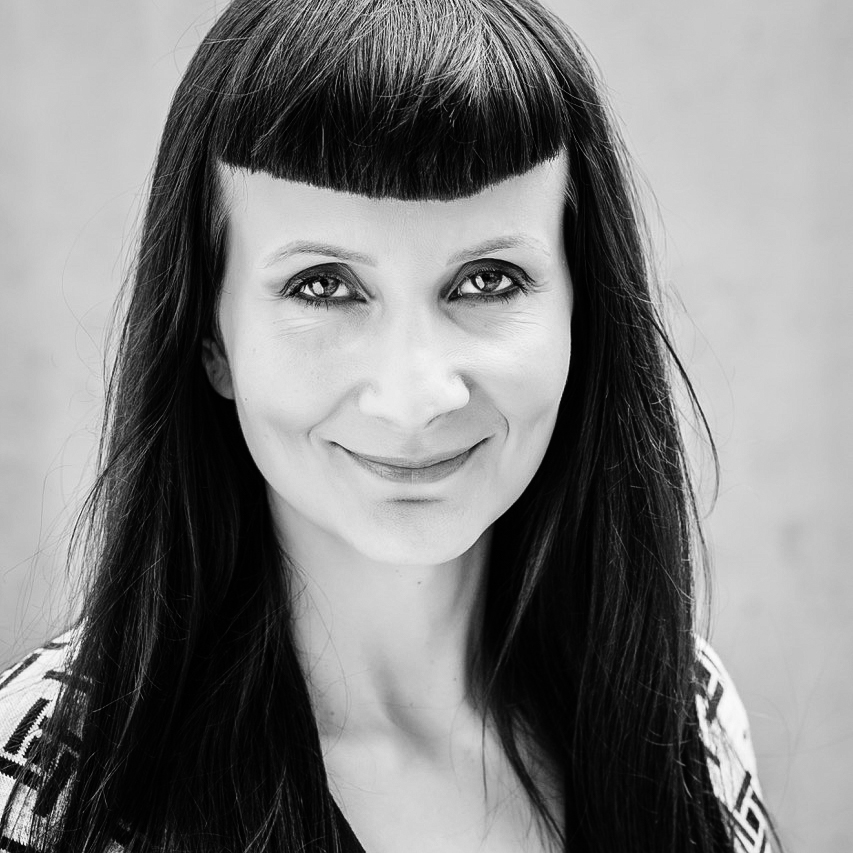
Anna Wróblewska
Foundress of Metaphor, a company created by a network of people with interdisciplinary competencies connected by the idea of business humanisation. Partner and head of Concordia Design Consulting – consulting services in the area of innovation & design management. Author and meritorical head of the first “Innovation management. Design Management” postgraduate studies in Poland at the SWPS University. Lecturer in the School of Form, coach of International Coach Federation.
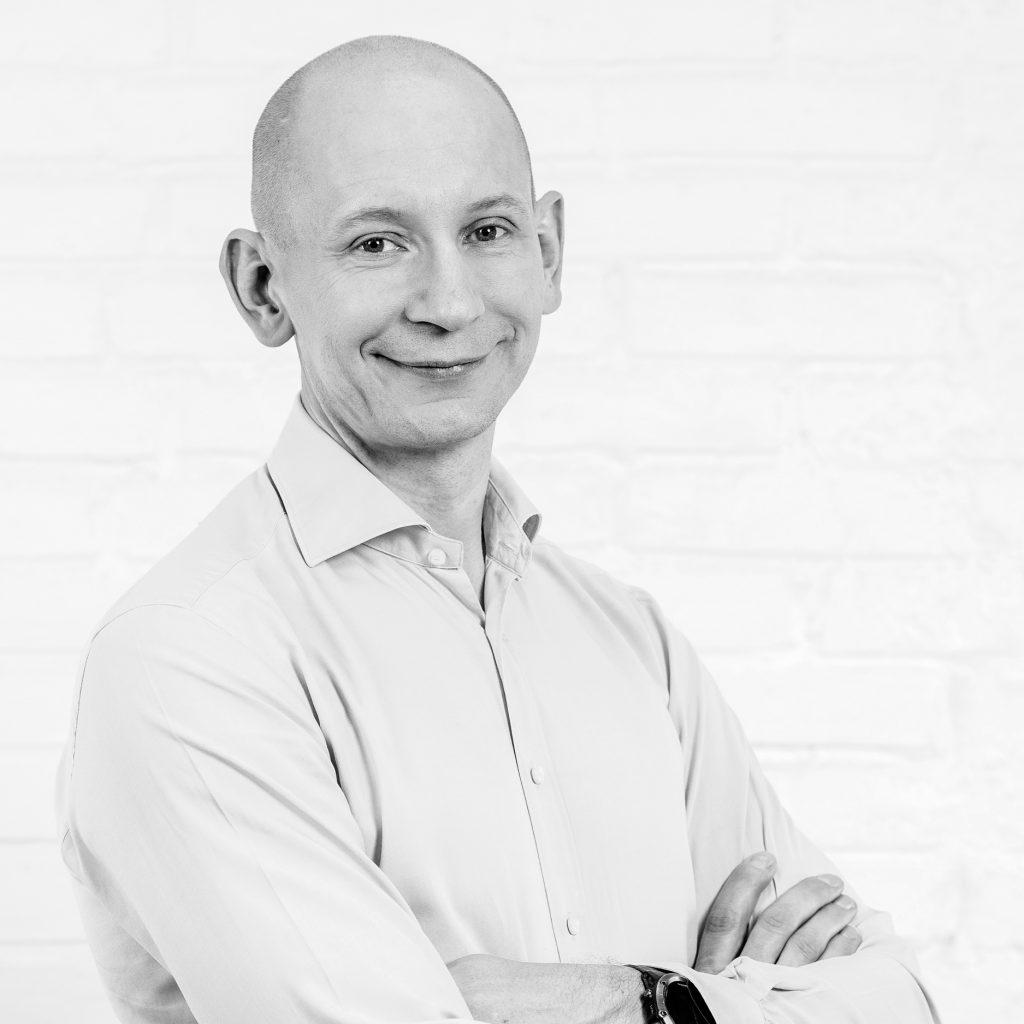
Piotr Wróblewski
Coach and Design Management consultant at Concordia Design Consulting. Consultant and trainer of Design Thinking supporting companies from various industries in shaping marketing strategies. Involved in building company strategies, branding strategies, developing and implementing new products and services, and improving teamwork of design teams.
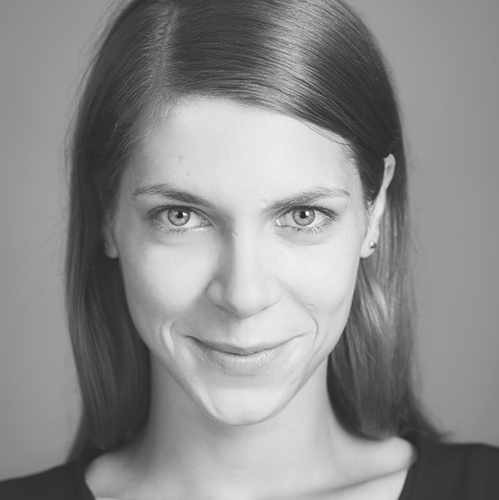
Marta Żakowska
Culture animator and city researcher. Co-founder and editor-in-chief of the City Magazine. Specialist in the area of sustainable development of public spaces. Originator of the research program on urban senior politicians “Older Cities”. A scholar of the Ministry of Culture and National Heritage, 2014. Member of the Institute for Research of Public Space. The author of numerous texts on sustainable urban spaces, exclusion and local communities, published, among others, in Popular Culture, Architecture, Architecture & business; City Magazine, bi-weekly, and Gazeta Wyborcza. He conducts author’s seminars on studies Cities and Metropolitan Areas IBPP and in the School of Ideas SWPS.